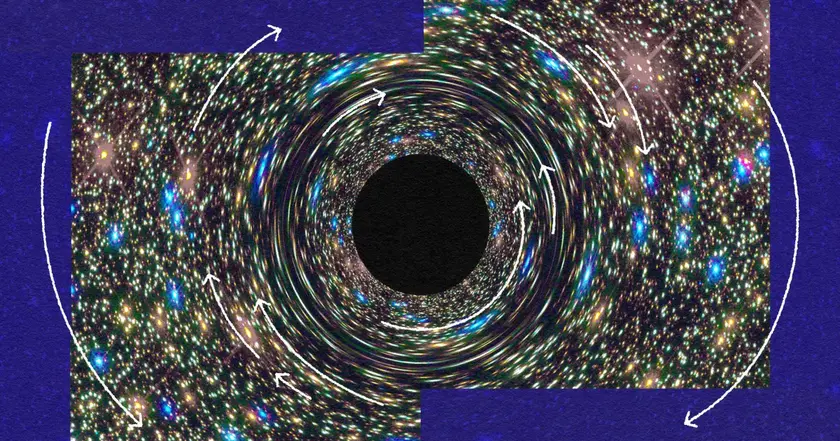T4K3.news
Cosmology faces new questions about the Big Bang
New data and methods keep cosmologists debating the origin and future of the universe
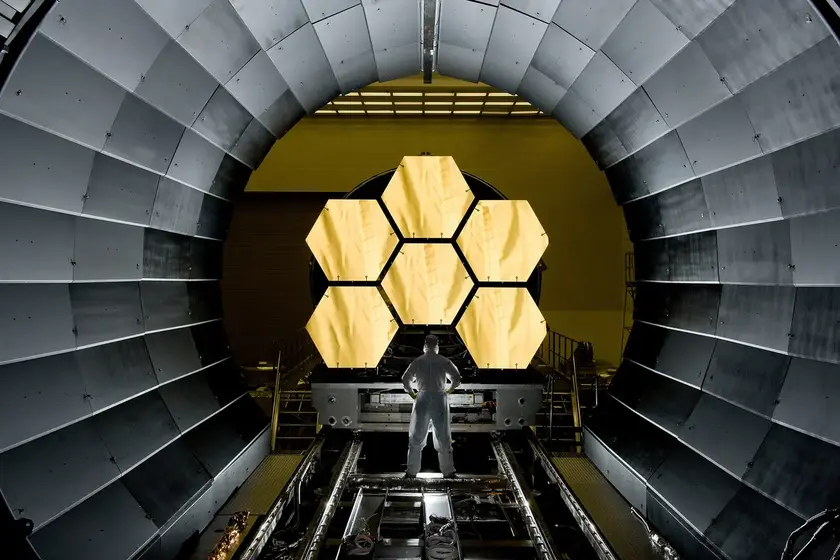
The leading model of the universe remains robust but currently shows gaps that scientists are debating and testing with new data.
Big Bang Theory Faces Mounting Tensions as Data Gaps Widen
The Big Bang theory is the backbone of modern cosmology. It explains the expansion of space, the cosmic background radiation, and the role of early rapid expansion in shaping the large-scale structure of the universe. It also relies on concepts like dark matter and dark energy to account for how galaxies form and how the expansion behaves over time. Observations using standard candles, such as Cepheid variables and certain supernovae, have helped map distances and the rate of expansion for different epochs in cosmic history.
Yet tensions and surprises have accumulated. Some measurements of the Hubble constant differ depending on the method used, hinting at a possible gap between early- and late-universe physics. The James Webb Space Telescope is probing galaxies from the dawn of time, and early results have exposed galaxies that appear more mature than expected, prompting questions about how quickly structures formed after the Big Bang. Inflation, dark matter, and dark energy remain central to the theory but come with unresolved caveats, inviting scientists to reassess assumptions without abandoning the core framework.
Key Takeaways
"The truth of a theory can never be proven, for one never knows if future experience will contradict its conclusions."
Einstein on the limits of proof
"If you’re religious, it’s like seeing God."
George Smoot on cosmic background radiation
"There will be more surprises."
Editorial closing note on future discoveries
Cosmology advances by balancing confidence with curiosity. When data push against a clean model, theorists introduce new components or tweaks, such as a dynamic dark energy or alternative inflation scenarios. This pattern shows the strength of science: it adapts rather than ends. At the same time, the field must guard against hype that overstates certainty, especially as public interest grows with new telescope findings. The essay on open-minded skepticism from decades past still matters: a theory can be well supported yet never proven, and future observations can shift the map in unexpected ways.
Highlights
- The truth of a theory can never be proven, for one never knows if future experience will contradict its conclusions.
- If you’re religious, it’s like seeing God.
- There will be more surprises.
The universe speaks in data, and our job is to listen with patience.
Enjoyed this? Let your friends know!
Related News
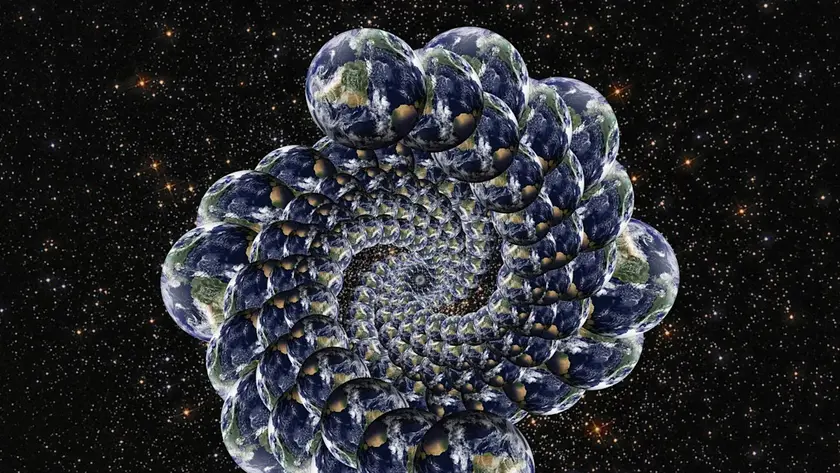
Dark matter may come from a mirror universe
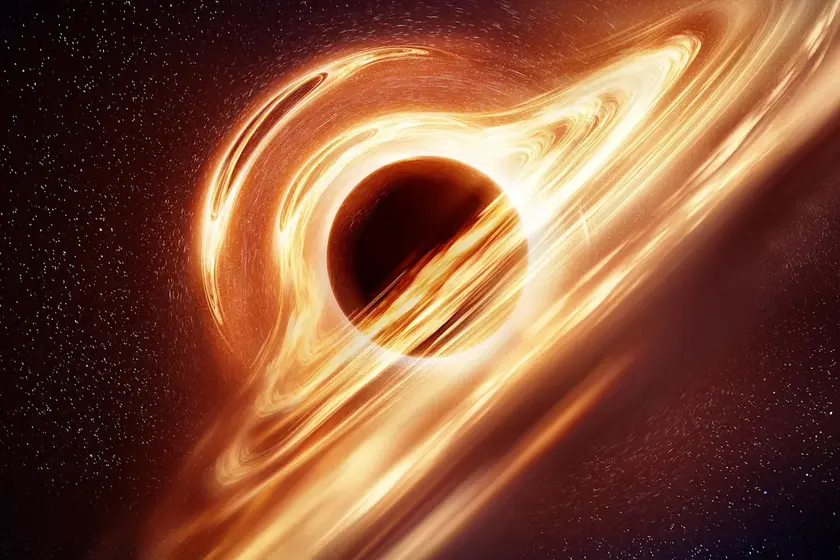
James Webb Telescope may have found early cosmic light sources
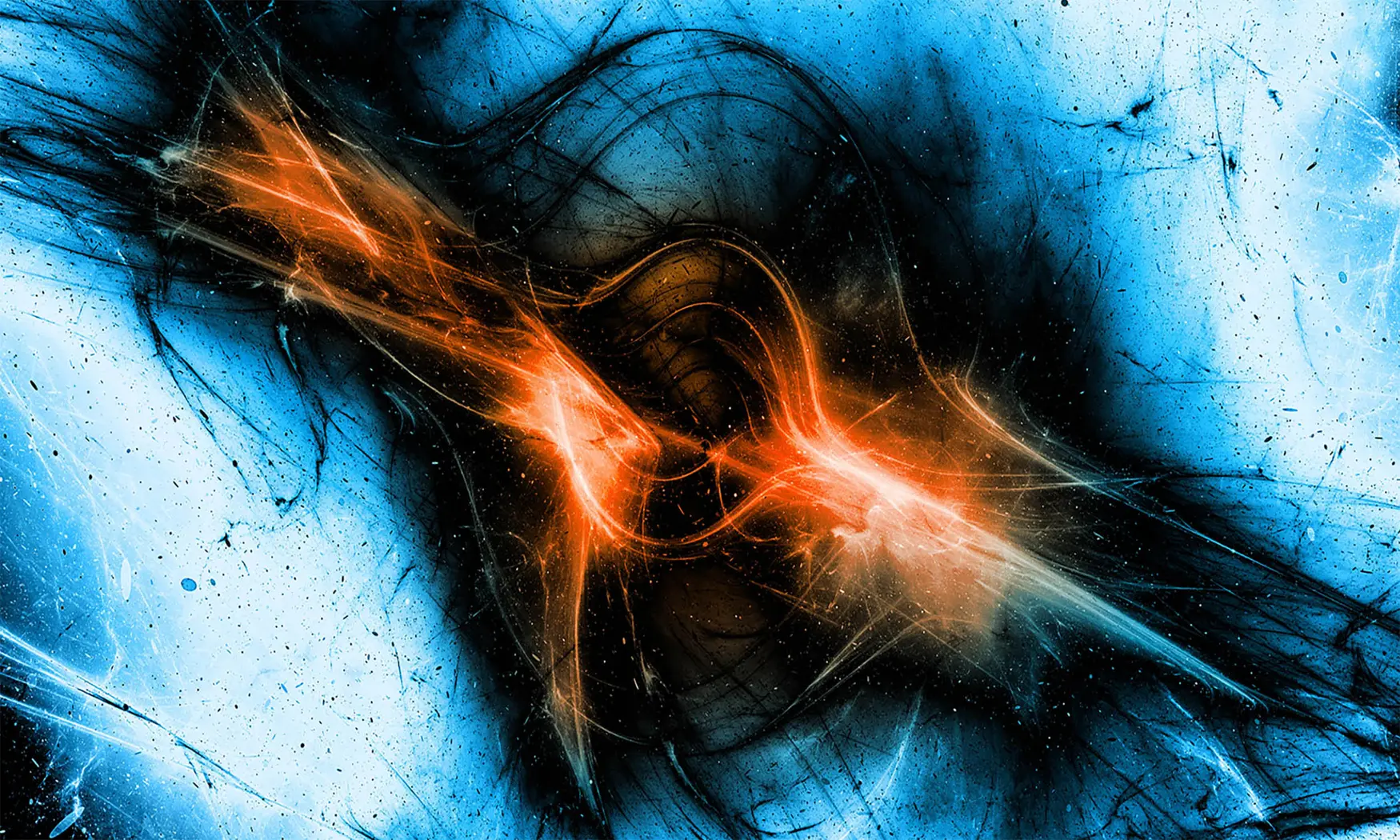
Cosmology challenges dark matter
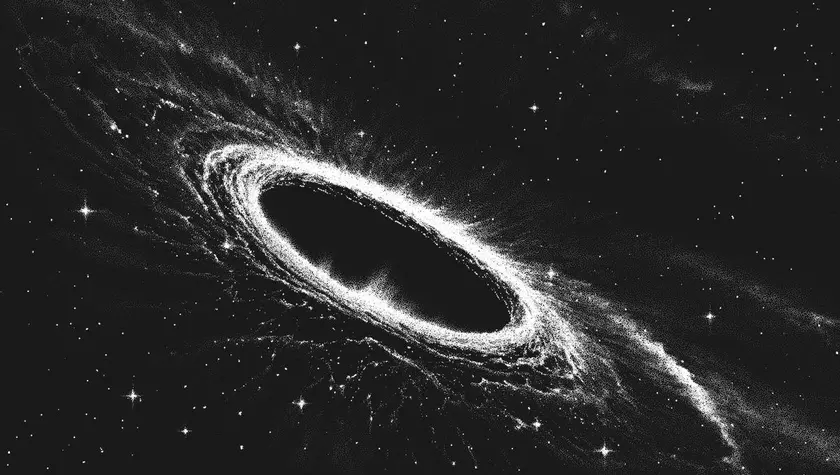
New Study Suggests Universe May Be Inside Black Hole
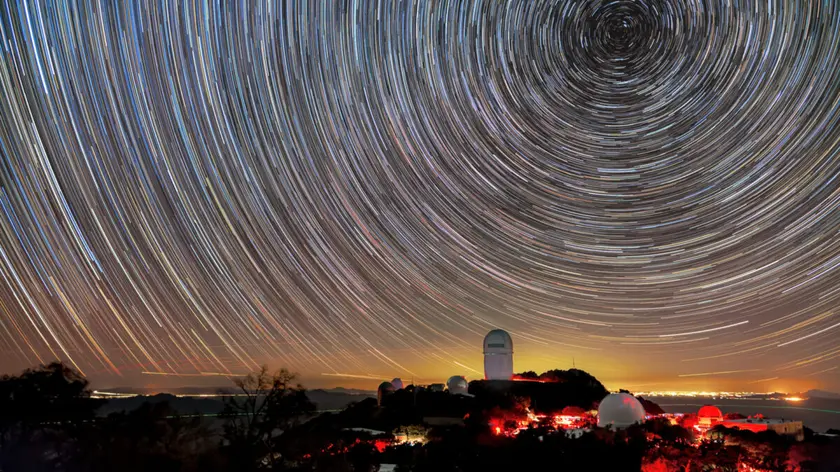
Black holes may seed dark energy

Meta's Real Smart Glasses Face a Major Challenge

Bills and Chargers top the AFC after Week 1

Washington Commanders face injury challenges before preseason opener
